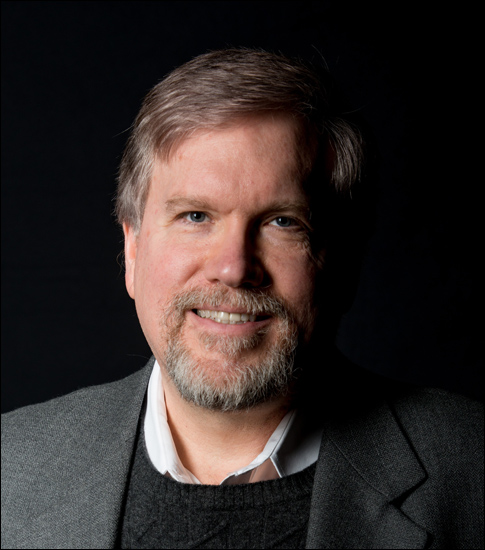
ACM AAAI Allen Newell Award
USA - 2018
citation
For contributions to artificial intelligence and computational social science, including fundamental results on the complexity of inference, planning, and media analytics for public health.
Henry Kautz has made a range of fundamental contributions to theory and practice in knowledge representation and reasoning, planning and plan recognition, and computational social science. He was one of the pioneers in analyzing the computational complexity of knowledge representation and reasoning systems and showed that inference is intractable for Allen's temporal logic and Reiter's default logic. He was the co-inventor of WalkSAT, which greatly advanced our ability to solve Boolean satisfiability problems. Professor Kautz showed how to reduce AI planning problems to SAT problems, which not only led to a paradigm shift in AI planning but also inspired bounded-model checking for software and hardware verification.
Beginning with his doctoral dissertation, Henry Kautz studied how computers can infer the goals and plans of people by observing their behavior. He continued this work with path-breaking contributions to pervasive computing and social media analytics. One project inferred the transportation destinations of people and was applied to assist cognitively disabled people with wayfinding. A second project analyzed social media data to uncover the strong role of air travel in disease spread. A third project combined social media reports of food poisoning with location data to improve the efficiency of restaurant health inspections.
Professor Kautz's work, like that of the prize's namesake Allen Newell, has spanned multiple disciplines and multiple areas within computer science and thereby demonstrated the power and versatility of computer science.
ACM Fellows
USA - 2013
citation
For contributions to artificial intelligence and pervasive computing with applications to assistive technology and health.
